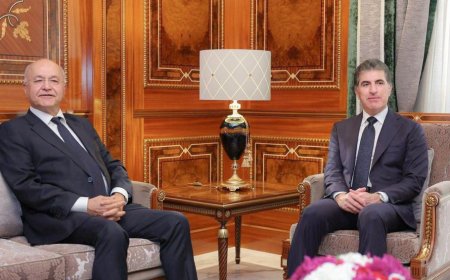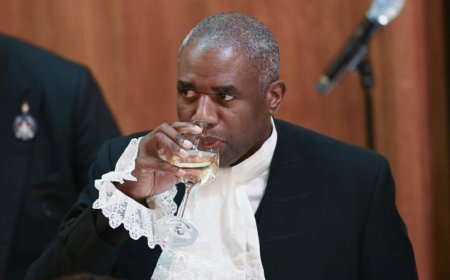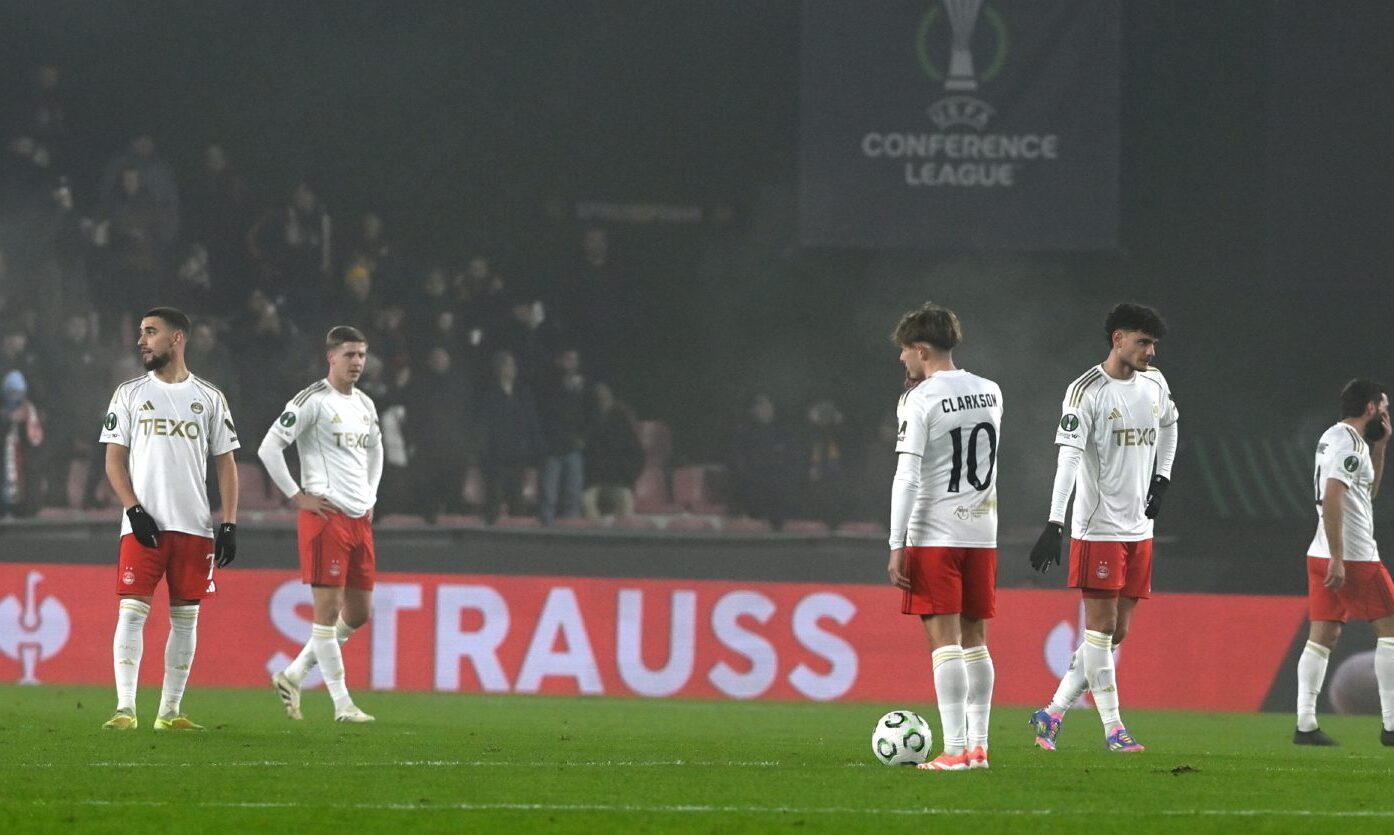The Kurdistan Region’s Stability: A Cornerstone of Iraqi Unity
Assistant Professor Dr Seerwan Anwer Majeed

Stability is not a luxury for nations, but a fundamental prerequisite for development, effective governance, and sustained prosperity. Without it, states are prone to cycles of unrest, fragmentation, and underdevelopment.
Since its establishment, Iraq has faced persistent challenges to achieving durable stability. Despite emerging as a modern nation-state, its early foundations were compromised by colonial interventions, unresolved ethnic and sectarian tensions, weak institutional frameworks, and significant foreign influence. Although periods of relative calm have occurred, they have been short-lived, and instability has remained a defining characteristic of Iraq.
One of the most strategic and sensitive components of Iraq’s national composition is the historical Mosul Vilayet, which is territory that now largely forms the Kurdistan Region or Kurdish-majority areas beyond its official administration. This region was once a focal point of geopolitical contention between Britain and Turkey. Were it not for the decisive intervention of the League of Nations in 1926, supported by the British, the territorial map of Iraq might have taken a different shape altogether. Although the issue was legally settled nearly a century ago, the area remains politically delicate, and its continued integration into Iraq depends on preserving the rights and aspirations of its people and maintaining the internal balance of the region.
In this context, the Kurdistan Region plays a role far beyond that of a semi-autonomous entity. It is, in effect, a pillar of Iraq’s federal system. A stable and functional Kurdistan bolsters the cohesion of the Iraqi state, serves as a successful model of pluralism, and reduces the risk of sectarian and ethnic polarization.
From a security perspective, the Kurdistan Region has been instrumental in counterterrorism efforts, particularly in the campaign against ISIS. Its forces have acted as a buffer in Iraq’s northern frontier, preventing the resurgence of extremist groups. Any instability in the region would open security vacuums that hostile actors, whether domestic or foreign, could exploit.
Economically, the Iraqi Kurdistan Region continues to demonstrate significant potential. Since 2004, the region has attracted foreign investment, especially in the energy sector, and has made measurable progress in infrastructure and development. While budgetary disputes with the central government in Baghdad have hindered consistent growth, the region remains well-positioned to serve as a national economic engine, provided its resources are effectively managed and its autonomy respected. Stability in the Kurdistan Region means open trade routes, accessible international markets, and enhanced economic opportunities for all Iraqis.
Geopolitically, the Iraqi Kurdistan REgion plays a vital balancing role in a turbulent region bordered by Turkey, Iran, and Syria. The region’s demographic diversity and strategic location make it a critical buffer against external pressures. Any disruption to its internal stability could quickly reverberate across Iraq’s borders and impact broader regional dynamics.
From an humanitarian standpoint, the Kurdistan Region has become a safe haven for hundreds of thousands of internally displaced persons from Iraq and refugees from neighboring Syria. Its continued stability ensures that it can maintain this essential role in addressing the fallout from conflict and displacement across the region.
Culturally and socially, Kurdistan represents a rare example of peaceful coexistence and pluralism in a Middle East often marked by identity-based conflict. Kurds, Arabs, Chaldeans, Assyrians, Yazidis, Muslims, Christians, and other groups live side by side, forging a unique cultural mosaic. The region has cultivated a reputation for tolerance, dialogue, and inclusivity, principles that can serve as a guiding framework for the rest of Iraq.
The stability of Kurdistan is not merely a Kurdish interest; it is a national, regional, and international imperative. A stable Kurdistan reinforces Iraqi unity, contributes to regional equilibrium, and supports broader efforts for peace and reconstruction in the Middle East.
As Iraq navigates complex internal and external challenges, it is imperative that the federal government in Baghdad adopt a strategic approach toward the Iraqi Kurdistan Region, one grounded in genuine partnership, constitutional respect, and mutual understanding. The responsibility for stability is shared, and fostering cooperative governance between Erbil and Baghdad is essential to Iraq’s success.
In conclusion, a singular truth must be emphasized:
The Kurdistan Region's stability is inseparable from Iraq’s stability.
Building a united, secure, and prosperous Iraq begins with securing and supporting the Kurdistan Region.













/file/attachments/orphans/rebecca-hague-mothers_864112.jpg)





































